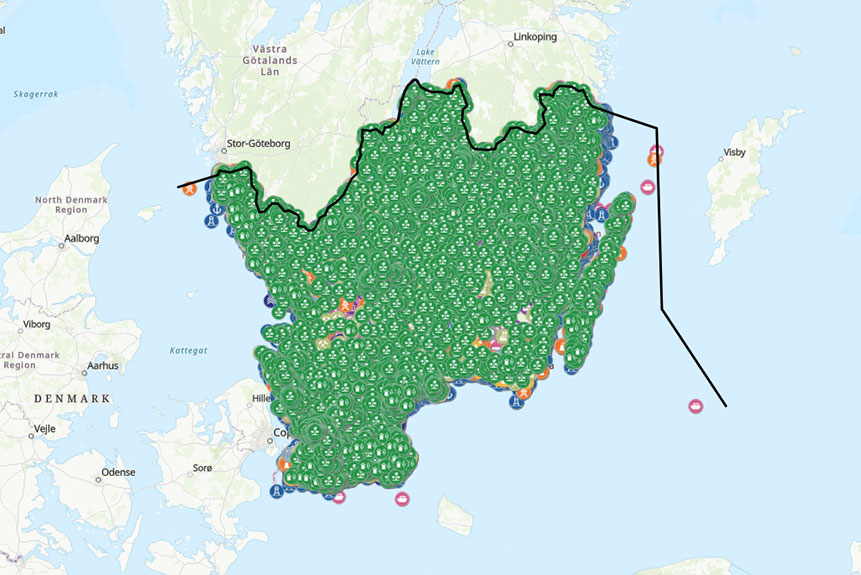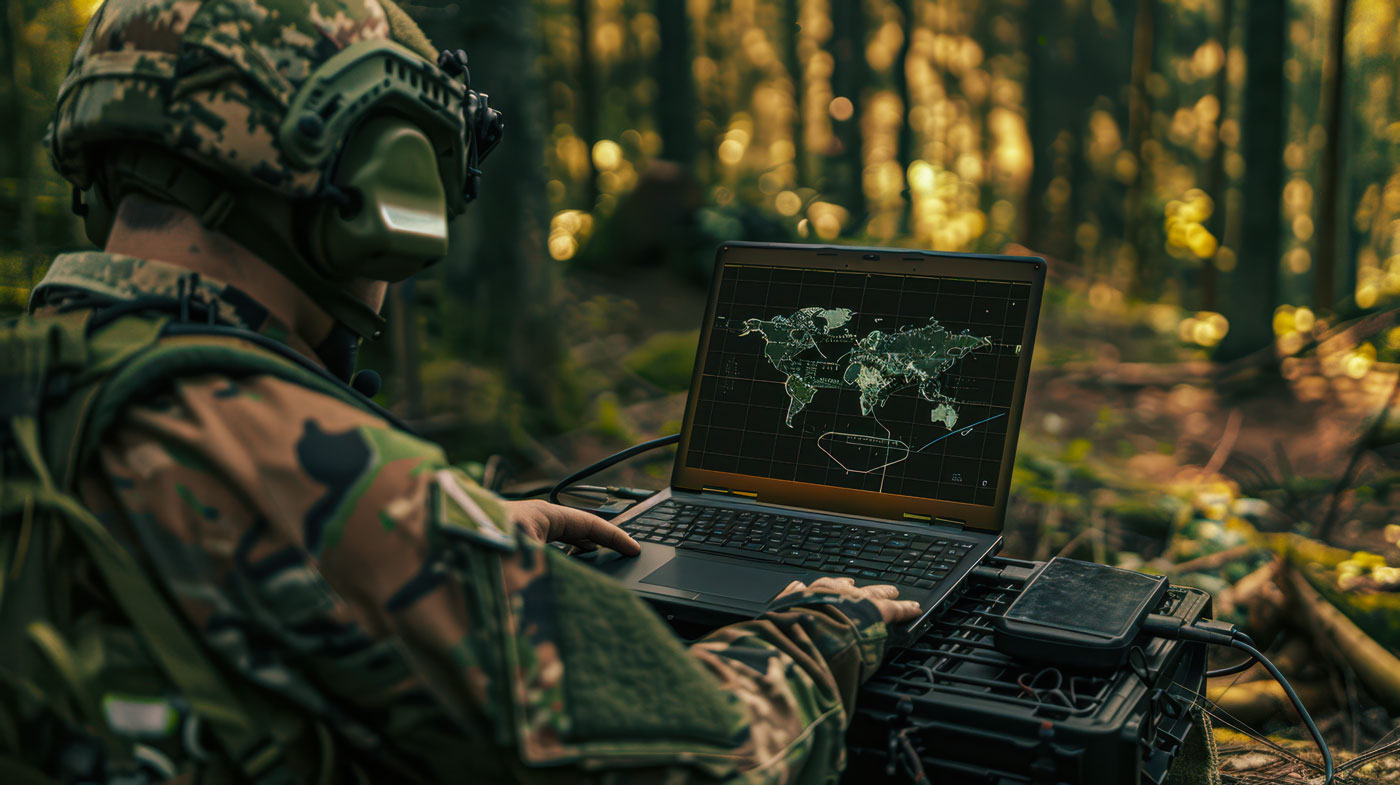
Arnland sits on the southern tip of the Torrikan peninsula. Originally part of the Skolkan Empire, it gained independence in 1917. Arnland is a multi‐party democratic republic with open elections. There are currently seven political parties with varied representation in the National Assembly, two of these—the center right and the social democrats—have dominated the political landscape for the past 25 years. Arnland’s foreign policy supports the country’s strategic goal of maintaining its independence. The Arnish maintain neutrality in the region while fostering diplomatic—and in some cases military—relations with their regional neighbors. The regional and international relationships maintained and the priorities that are placed in maintaining them change as the ruling parties change, and are a major cause of internal political tension. The European Union (EU) has been in negotiations with Arnland over membership but has yet to enter into any formal agreement.
The Arnland Armed Forces consists of two distinct components. The Active Defense Force comprises the regular Army, Navy and Air Force units subordinated to the General Staff, while the Standby Defense Force is a regionally based reserve force that answers to the regional governor in peacetime and to the General Staff during war. Arnland’s military forces are essentially dysfunctional. Although there are pockets of excellence, the majority of the forces is poorly trained, poorly equipped, badly paid, and ineffective.
Related Documents
Sociocultural Running Estimate – War in Ukraine Peripheral Impacts: Abkhazia
Brief synopsis of this editions Running Estimates: • Putin’s popularity peaked at 87% in March,…
View Document

